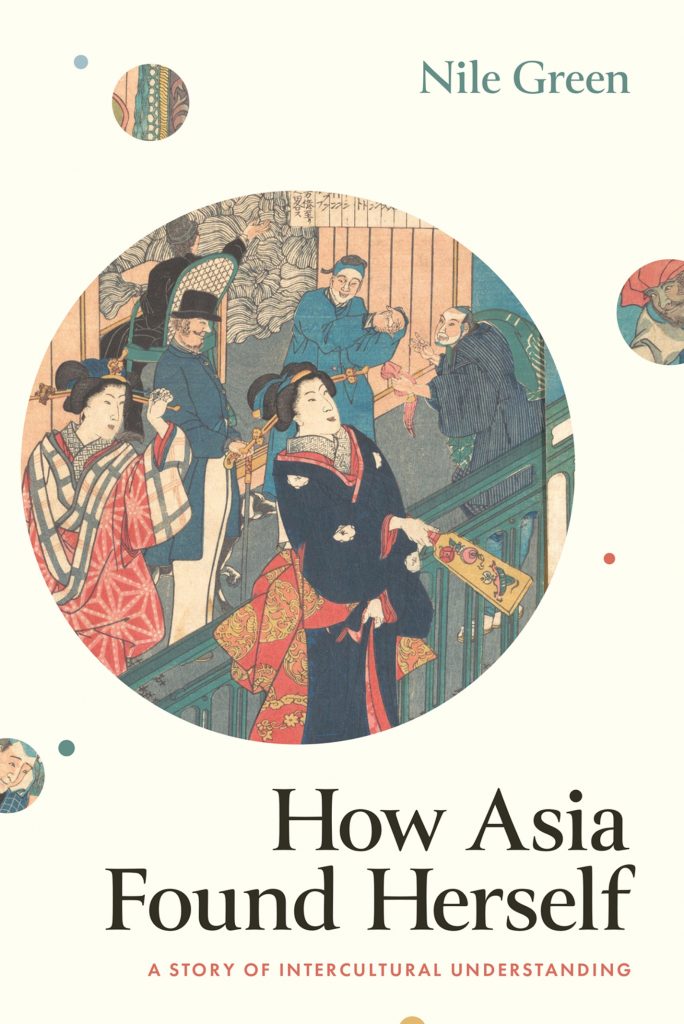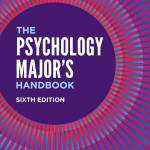
尼尔·格林(Nile Green)认为,“亚洲”作为一个统一的身份概念,在很大程度上是欧洲的建构,受到了殖民时代地理观念的影响。在19世纪晚期之前,大多数亚洲社会并不将自己视为一个统一的大陆,而是作为独立的文明存在。亚洲现代身份的形成并非天生固有,而是历史交往、冲突与适应的产物。它的构建并非基于固定的地理边界,而是通过人际互动与知识交流逐步形成。格林强调,历史叙述往往忽视了亚洲内部交流在塑造该地区现代身份方面的作用。他主张,历史学家应当重新审视全球史,不应仅仅将其理解为“东方对西方”的叙事,而应关注更为复杂的“亚洲对亚洲”的互动。
Nile Green argues that “Asia” as a coherent identity was largely a European construct, imposed through colonial-era geography. Before the late 19th century, most Asian societies did not see themselves as part of a unified continent but rather as distinct civilizations. Asia’s modern sense of identity was not a given, but a product of historical encounters, conflicts, and adaptations. It is constructed—not through fixed geography but through human interactions and knowledge exchange. Green highlights how historical narratives have often overlooked the role of intra-Asian connections in shaping the region’s modern identity. Historians should reconsider global history not just as a story of East vs. West, but as a complex web of Asian-to-Asian exchanges.
电子版代找请联系:yefei147852
电子版代找请联系:yefei147852

未经允许不得转载:我的生活分享 » 《How Asia Found Herself A STORY OF INTERCULTURAL UNDERSTANDING》PDF+mobi+epub高清完整电子版

 《Applications of Quantum Computing in a Variety of Domains》PDF+mobi+epub高清完整电子版
《Applications of Quantum Computing in a Variety of Domains》PDF+mobi+epub高清完整电子版 《Tsunami in the Head – Better Understanding and Coping with Burnout: New Approaches for a Resilient Society》PDF+mobi+epub高清完整电子版
《Tsunami in the Head – Better Understanding and Coping with Burnout: New Approaches for a Resilient Society》PDF+mobi+epub高清完整电子版 《Potential-ize: How Leaders Unlock Human Potential in the Age of AI》PDF+mobi+epub高清完整电子版
《Potential-ize: How Leaders Unlock Human Potential in the Age of AI》PDF+mobi+epub高清完整电子版 《Theories and Predictions on Ozone Depletion and Climate Change》PDF+mobi+epub高清完整电子版
《Theories and Predictions on Ozone Depletion and Climate Change》PDF+mobi+epub高清完整电子版 《The Psychology Major′s Handbook》PDF+mobi+epub高清完整电子版
《The Psychology Major′s Handbook》PDF+mobi+epub高清完整电子版 《The Colorful World of Reptiles》PDF+mobi+epub高清完整电子版
《The Colorful World of Reptiles》PDF+mobi+epub高清完整电子版 《Business Intelligence Essentials You Always Wanted to Know: A Beginner’s Guide to BI Tools, Data Analytics Techniques, Data Visualization & Data-Driven Strategy》PDF+mobi+epub高清完整电子版
《Business Intelligence Essentials You Always Wanted to Know: A Beginner’s Guide to BI Tools, Data Analytics Techniques, Data Visualization & Data-Driven Strategy》PDF+mobi+epub高清完整电子版 《Tiberius: From Masterly Commander to Masterful Emperor of Rome》PDF+mobi+epub高清完整电子版
《Tiberius: From Masterly Commander to Masterful Emperor of Rome》PDF+mobi+epub高清完整电子版 《The Translator of Machines: A Book of Structured Consequences》PDF+mobi+epub高清完整电子版
《The Translator of Machines: A Book of Structured Consequences》PDF+mobi+epub高清完整电子版 《Brainstorm: A Guide to Neurodivergent Talent and the Future of Work》PDF+mobi+epub高清完整电子版
《Brainstorm: A Guide to Neurodivergent Talent and the Future of Work》PDF+mobi+epub高清完整电子版